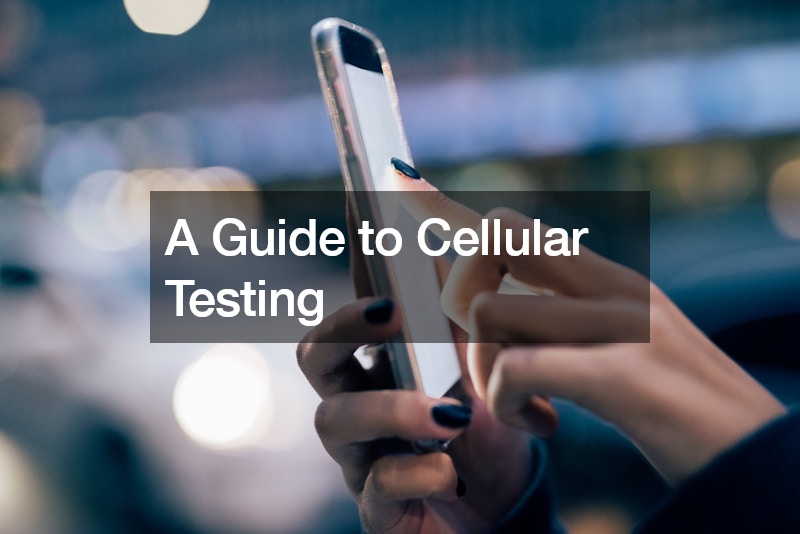A Guide to Cellular Testing


Testing cellular devices involves various procedures to ensure functionality, performance, and compliance with standards. The YouTube video reviews Consumer Cellular, a popular mobile service provider, to determine if it lives up to its reputation. Read on to learn more.
Understanding Cellular Testing
There are different types of testing, such as functional, performance, security, etc. Each test type serves to assess either the functionality, performance, or compliance of the phone.
Functional testing involves testing voice call quality, messaging functionalities, data connectivity (browsing, downloads), network roaming, and emergency calling features to ensure seamless operation.
Performance testing includes measuring data throughput, evaluating latency, assessing signal strength’s impact, analyzing battery life during network activities, and ensuring devices don’t overheat during prolonged usage. Compatibility testing involves ensuring devices are compatible with various cellular technologies, SIM card types, carrier-specific features, and Bluetooth/Wi-Fi devices.
Security testing involves ensuring data transmitted over cellular networks is encrypted and testing authentication mechanisms such as biometric authentication, PINs, and pattern locks. In addition, it verifies the device’s capability to receive and install security patches and software updates.
This list is not exhaustive. Several other types of cellular testing help determine the performance and compliance of a cellular device. Understanding the various testing methods is the first step. It will guide you to appoint the most qualified company or individual to perform these tests.
.
